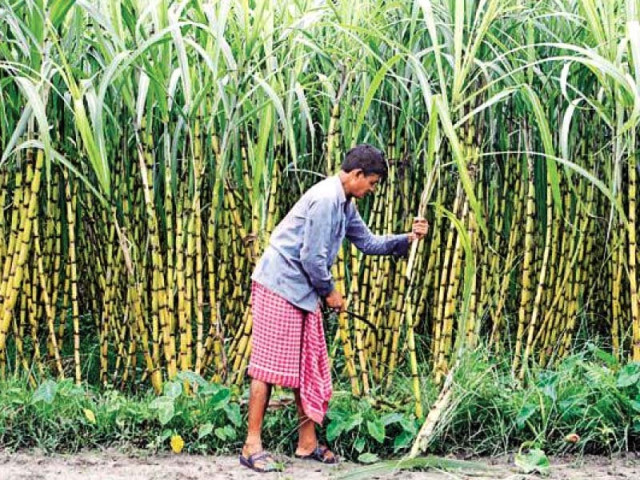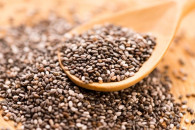Cabinet refuses to scrap sugarcane purchase receipt system
Its members believe it will protect farmers’ interest, support documentation

The summary came as a surprise for the cabinet members who noted that almost all key stakeholders had supported the mechanism that called for printing the sugarcane purchase price and quantity on the cash receipt. PHOTO: REUTERS
The request had been made by the Ministry of Industries and Production in a summary which was taken up for review in the cabinet’s meeting on January 31.
Cabinet members opposed the summary, insisting that the existing cane purchase receipt mechanism, which converts the receipt into bank cheque, would support documentation of the agriculture sector and safeguard the interest of growers. They suggested that the sponsoring division should carefully re-examine the proposal in relation to the role of federal government in the matter.
SCA accuses sugar mills association of violating SHC orders
The summary came as a surprise for the cabinet members who noted that almost all key stakeholders including the Ministry of Finance, Ministry of National Food Security and Research, Federal Board of Revenue and State Bank of Pakistan had supported the mechanism that called for printing the sugarcane purchase price and quantity on the cash receipt.
Apart from these stakeholders, cane commissioners of Punjab, Khyber-Pakhtunkhwa and Sindh, Kisan Board - a representative body of farmers - and provincial governments had also endorsed the system.
During discussions, it was pointed out that the Ministry of Industries and Production had consulted all stakeholders, but the Law and Justice Division and the Pakistan Sugar Mills Association had serious reservations about the mechanism.
Consequently, the conversion of cane purchase receipts into cheques could not be agreed upon and implemented as per decision of the cabinet.
In February 2012, the cabinet had decided that the cane purchase receipts issued by the sugar millers would be converted into bank cheques. It was also agreed that the sugarcane purchase price and quantity would be printed on the receipts.
However, in November 2013, the sugar barons attempted to get the decision withdrawn following opposition from the Law Division.
The Cabinet Division resisted the move as in terms of Rule 24 of the Rules of Business 1973 the cabinet’s decisions should be implemented in letter and spirit.
But the PML-N government did not implement the system, instead it doled out billions of rupees to the sugar millers on account of export subsidy.
The Economic Coordination Committee of the cabinet, in its meeting held in December last year, approved a minimum additional benefit of Rs15 billion for the millers through purchase of 300,000 tons from their surplus stock.
Price controversy: SARC calls for dissolution of sugar cane control board
Total hit to the public exchequer, both federal and provincial, would be at least Rs20.4 billion due to the cost of subsidy on sugar exports. This was in addition to the benefit of Rs30 billion that the millers would get by claiming Rs20 per kg in subsidy on the export of 1.5 million tons.
Farmers have been left at the mercy of the millers who earlier refused to buy sugarcane during the current season. Even the apex court had to intervene to resolve the matter.
Now, according to the farmers, the millers are paying for less than the actual weight of sugarcane as well as lower-than-set prices. Farmers say many of them are getting Rs140 per 40 kg of sugarcane, far lower than the support price of Rs180 per 40 kg.
Published in The Express Tribune, February 14th, 2018.
Like Business on Facebook, follow @TribuneBiz on Twitter to stay informed and join in the conversation.



















COMMENTS
Comments are moderated and generally will be posted if they are on-topic and not abusive.
For more information, please see our Comments FAQ